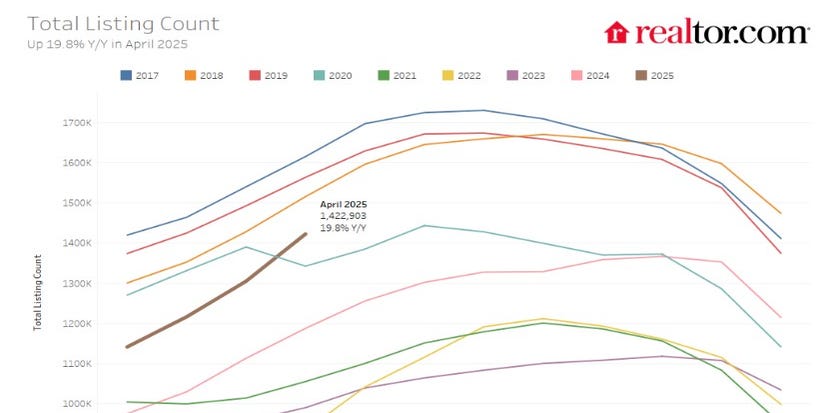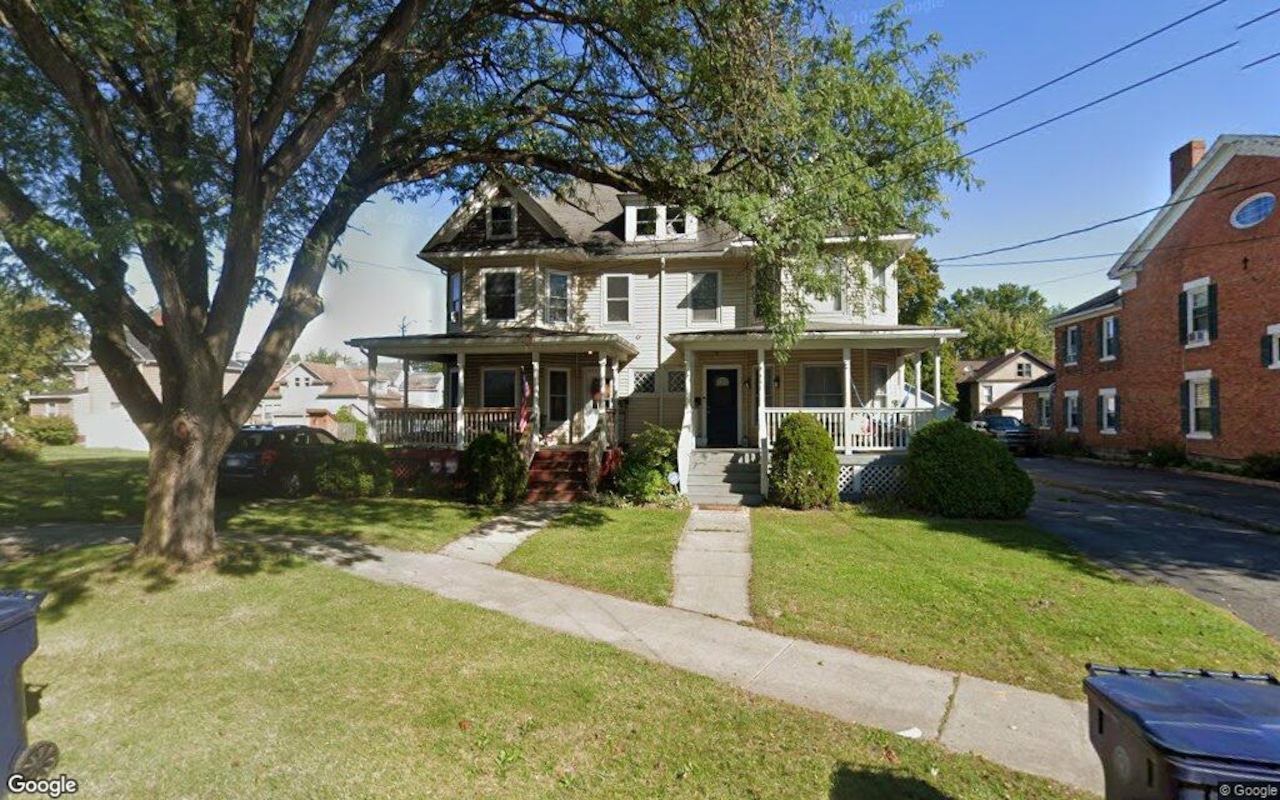N
ew Jersey's lawsuit against AI-powered rental pricing software misidentifies the root cause of high rents, which are driven by underlying market factors such as high property taxes, restrictive zoning laws, and excessive regulations. These costs trickle down to renters when landlords face high operating expenses, forcing them to pass them along in higher rents. The state's high property taxes, averaging close to $10,000 a year per homeowner, contribute significantly to rising housing costs.
The comparison between New Jersey's rising rents and falling prices in Jersey City demonstrates that market dynamics, not software collusion, influence rent fluctuations. If AI pricing software were truly responsible for unaffordable housing, we'd see rents rising uniformly across the state, but localized price drops like those in Jersey City suggest otherwise.
Texas, particularly Austin, showcases how less restrictive regulations and lower taxes can lead to increased housing supply and moderate prices. With lighter regulations, faster permitting, and lower taxes, developers can respond quickly to rising demand, resulting in falling home prices as supply exceeds demand. This is basic economics 101: when demand rises faster than supply, price rises; when supply exceeds demand, prices fall.
New Jersey politicians must confront the root causes of our affordability crisis by lowering property taxes, easing zoning restrictions, and scaling back costly regulations and mandates. By adopting a pro-growth agenda that supports new development, we can encourage the construction of more housing at a faster pace and lower cost. Blaming AI pricing software may offer temporary political cover, but it will not build a single new home or ease a family's financial burden.
The real storm driving up housing costs in New Jersey is years of skyrocketing property tax rates, restrictive zoning laws, and burdensome regulations that choke off new housing construction. Pricing algorithms merely reflect these underlying realities – they do not create them. It's time for real solutions and leadership grounded in economics to build a more affordable future for New Jersey families.















